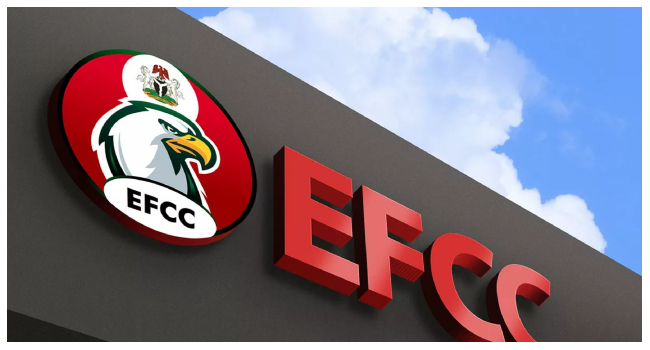President Bola Tinubu, yesterday, asked the judiciary to remain firm and uncompromising in the fight against graft, as he revealed that the Economic and Financial Crimes Commission (EFCC) secured over 7,000 convictions and recovered more than N500 billion in the first two years of his administration.
Declaring open the EFCC, National Judicial Institute (NJI) Workshop for Justices and Judges in Abuja, the President, represented by Vice President Kashim Shettima, warned that societies would begin to unravel when those entrusted with interpreting the law became compromised.
He reaffirmed his administration’s commitment to judicial independence through enhanced welfare and better working conditions, including recent remuneration reviews.
“We draw our moral distinction as a people from the judiciary, and we owe it the reverence and autonomy to remain the last sanctuary of our collective conscience,” Tinubu said.
He expressed concern over the slow pace of adjudicating high-profile corruption cases compared to the speedy resolution of cybercrime matters.
Tinubu stressed that his government had maintained a non-interference stance, allowing anti-graft agencies and the judiciary to exercise their constitutional mandates without political cover.
The President also underscored the need for judges to keep pace with fast-evolving digital crimes.
He reminded judicial officers that corruption would spare no one, saying: “Your vantage position on the Bench does not insulate you from its consequences. There are no special roads, hospitals, or communities for judges. A Nigeria free of corruption is possible if we all commit to doing what is right.”
Chief Justice of Nigeria and NJI Board Chair, Justice Kudirat Kekere-Ekun, urged judicial officers to exercise firm control over proceedings and apply constitutional tools deliberately, stressing that the judiciary’s strength lies in public trust.
The President of the Senate, Godswill Akpabio, represented by the Senate Chief Whip, Mohammed Monguno, said the National Assembly remained committed to empowering law enforcement agencies to ensure that corruption finds no hiding place.
NJI Administrator, B.A. Adejumo, called for continued collaboration between the EFCC, judiciary, and the institute, noting that no nation could achieve meaningful development without confronting corruption.
EFCC Chairman, Ola Olukoyede, said the Supreme Court’s recent decision affirming the Commission’s powers had further strengthened Nigeria’s anti-corruption architecture.
MEANWHILE, the Director of Public Affairs at the Economic and Financial Crimes Commission, Wilson Uwujaren, has said that the agency’s task force on naira abuse and the dollarisation of the economy has played a crucial role in stabilising Nigeria’s currency.
Uwujaren disclosed this during an interview on ARISE News yesterday.
He explained that the EFCC, under the leadership of Olu Olukoyede, had been deliberate in addressing economic crimes that undermine the value of the Naira.
Highlighting one of the commission’s early interventions, Uwujaren said Olukoyede’s administration established a special task force to tackle naira abuse and the dollarisation of the economy.
Uwujaren added that the EFCC chairman had set clear priorities when he appeared before the Senate for confirmation.






